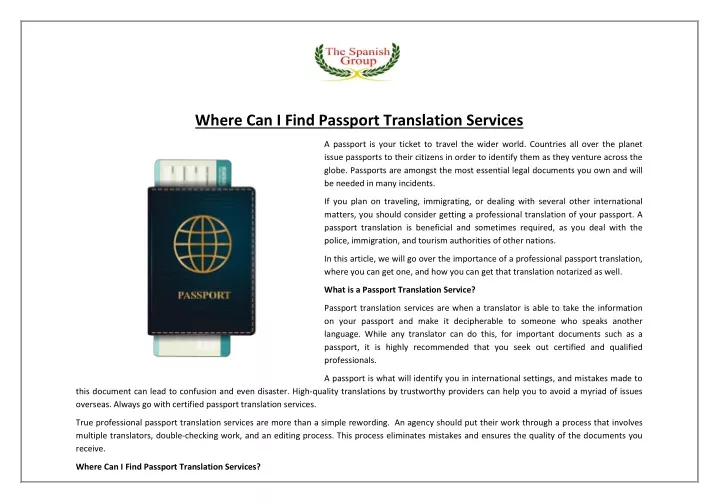새로운 가치를 말합니다.
EU data protection rules for Russian companies
While the GDPR primarily applies to enterprises located within the EU, its reach extends to enterprises processing EU citizens' data, regardless of their location. In this context, many companies in Russia may need to comply with the GDPR to keep their European customer base..

To ensure GDPR compliance, companies in Russia need to develop strong data protection policies. The first step is to carry out a detailed data analysis to determine where personal data is stored and processed. Companies must evaluate their data protection measures to identify areas for improvement.
Russian businesses must also appoint a Data Protection Officer (DPO) to be responsible for data protection compliance. The DPO will be responsible for ensuring GDPR compliance and making sure that the business is able to respond to any data protection-related inquiries from the EU's Data Protection Authorities.
Another critical aspect of GDPR compliance is ensuring data subject consent for the processing of their personal data. Under the GDPR, Enterprises operating in Russia must be open about their data handling.
Enterprises operating in Russia must establish data subject rights, including the right to access, correct, delete, limit, object to, and data portability.
In addition to these internal measures, Companies in Russia need to follow EU data transfer rules, such as the EU model contractual clauses and the EU-US data protection framework.
Russian businesses with international operations or those that hold personal data on EU residents should consider engaging with GDPR experts or data protection law firms. These professionals can help navigate the complexities of GDPR compliance and conduct data protection assessments to ensure compliance.
By being familiar with GDPR obligations, Russian businesses can not only comply with EU regulations but also increase their global competitiveness. While the GDPR's compliance obligations can be a significant task, they offer an opportunity for Russian businesses to demonstrate their commitment to data protection.
